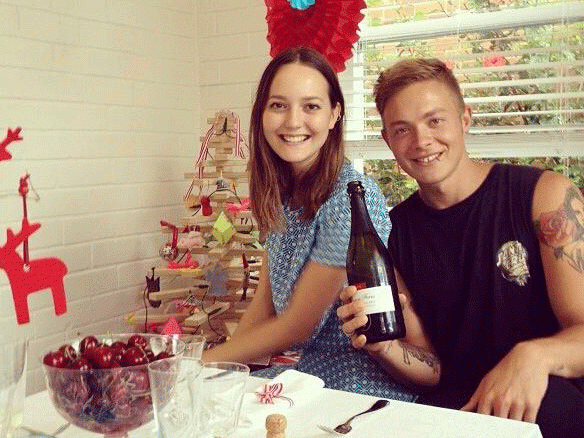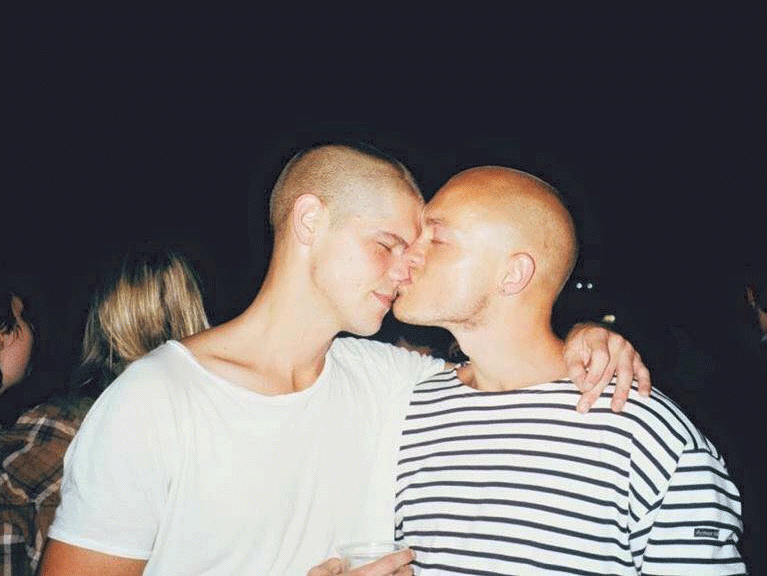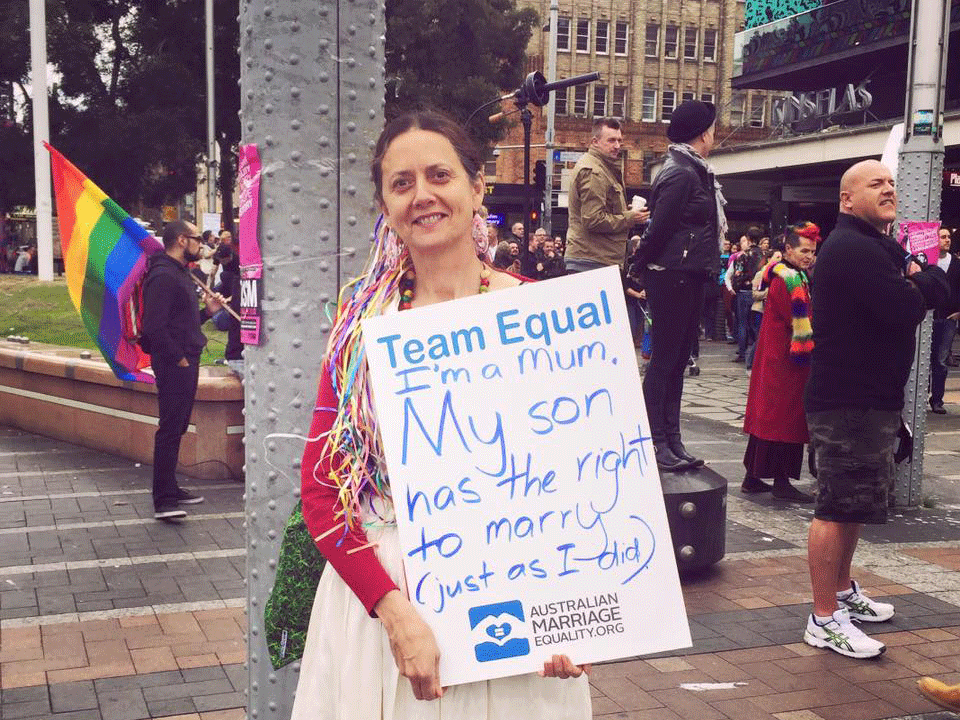Australian woman 'hugely proud' to donate her eggs to her gay brother'
'There's less risk involved than using a stranger. It's still in the family,' explains 25-year-old Samuel

A "hugely proud" sister is set to donate her eggs to her brother so that he may have a child with his partner.
Australian siblings Samuel and Bronte Leighton-Dore will each provide an element of parenthood to the child Samuel is planning to have with his long-term boyfriend, Bradley Tennant.
Bronte will donate an egg that will be implanted with Bradley's sperm, so that her brother Samuel and he will both be genetically linked to the child they bring up together.
The embryo will be implanted in a surrogate mother - rather than in Bronte, to avoid emotional complications - and brought up by Bradley and Samuel, with Bronte as a very "special aunt". The family is currently based in Sydney.
Samuel said he and Bradley, his 27-year-old partner of three years, had realised they would both liked to be genetically related to any children they had.

"We'd been discussing the prospect of having kids, and when you're in a same-sex relationship it takes on a different element - you can't just accidentally fall pregnant," Samuel told The Independent.
"A bit like buying a house, it's a question of how and when and the expense too.
"Our family are very close, and we realised that doing this with Bronte was the only biological means of me being related to the baby too. It was a way of doing that."
The arrangement may simplify Australia's laws surrounding adoption, IVF and surrogacy for same-sex couples. Current laws, which differ across each state, generally recognise the rights of birth mothers over co-fathers.

Samuel said both his parents were supportive of the idea - having taken some moments to "get their head around it" - given that their son and daughter had always been close.
The plan is set to go into action in the next couple of years, as at 22- and 25- years old Bronte and Sam are in no immediate rush to add the sound of tiny feet to their lives as yet.
"Bronte takes huge pride in being able to give that for us. She and I have been close our whole lives. She hasn't shown so much interest in having a child so far and she wants to do this for us," said Samuel, adding that hereditary diseases and other genetic issues were also reduced.
"There's less risk involved than using a stranger. It's still in the family."
Same-sex marriage is not yet legal in Australia, with the country's 1961 definition of marriage as between a man and a woman challenged 16 times over the course of 2015 but as yet to no effect.
The current coalition government, led by Malcolm Turnbull of the Liberal Party, has pledged a national plebiscite in the footsteps of Ireland on the question of gay marriage in 2016 or 2017. The Labour Party has said the issue could divide the public and it should be decided by Parliament.
Meanwhile, same-sex couples were given the right to adopt children in 2010. But laws surrounding surrogacy and assisted reproductive technologies is decided on a state-by-state basis but generally recognise birth mothers as a legal parent.
Samuel said there was still "a long way to go" for the LGBT community to feel as protected under the law as everybody else in Australia, adding there was sometimes an "undertone of homophobia" to current political rhetoric.

Of his own situation, he said the idea gay parents might both want a genetic relation to their child did not always occur to the public.
"People don't always think that sometimes same-sex couples might both want to be biological parents," he said.
"So I think it's shocking to people at first. But once they work it out, it's a really nice thing."
Join our commenting forum
Join thought-provoking conversations, follow other Independent readers and see their replies
Comments
Bookmark popover
Removed from bookmarks